Staying Fit


For more than 57 years, Medicare has provided health insurance to Americans 65 and older as well as to people with disabilities. But qualifying for the program is not automatic. Here’s how to determine if you are eligible.
You’re 65 or older.
You qualify for full Medicare benefits if:
- You are a U.S. citizen or a permanent legal resident who has lived in the United States for at least five years and
- You are receiving Social Security or railroad retirement benefits or have worked long enough to be eligible for those benefits but are not yet collecting them.
- You or your spouse is a government employee or retiree who has not paid into Social Security but has paid Medicare payroll taxes while working.


AARP Membership— $12 for your first year when you sign up for Automatic Renewal
Get instant access to members-only products and hundreds of discounts, a free second membership, and a subscription to AARP the Magazine.
Younger than 65? You still may be eligible
You qualify for full Medicare benefits under age 65 if:
- You have been entitled to Social Security disability benefits for at least 24 months (that need not be consecutive); or
- You receive a disability pension from the Railroad Retirement Board and meet certain conditions; or
- You have Lou Gehrig’s disease, also known as amyotrophic lateral sclerosis (ALS), which qualifies you immediately; or
- You have permanent kidney failure requiring regular dialysis or a kidney transplant — and you or your spouse has paid Social Security taxes for a specified period, depending on your age.






























































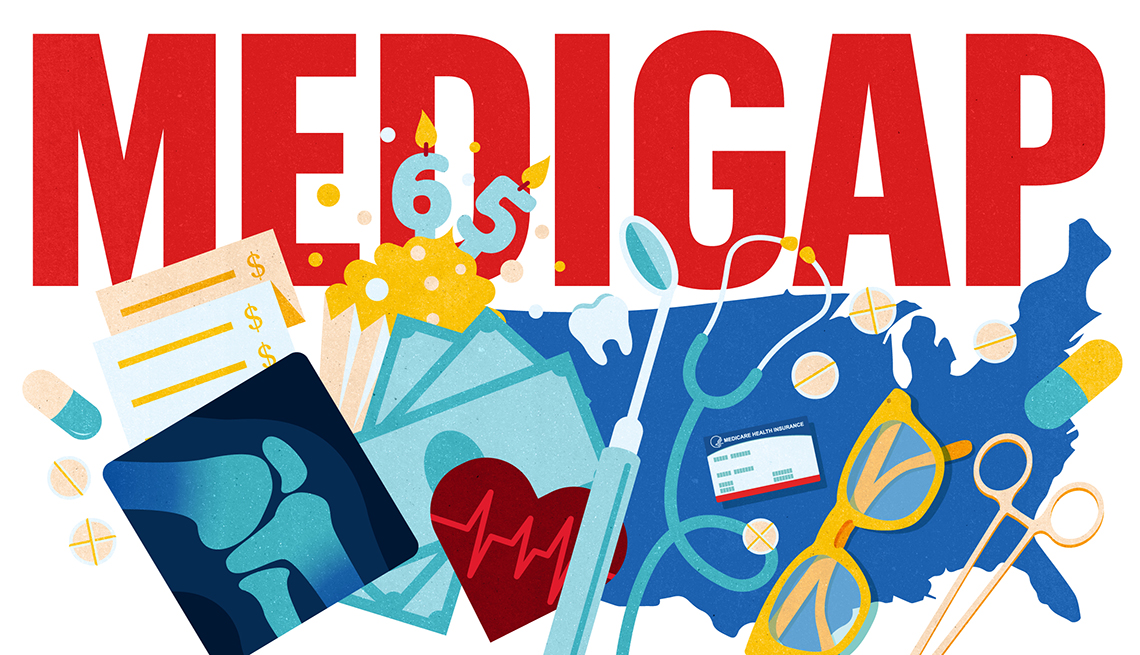
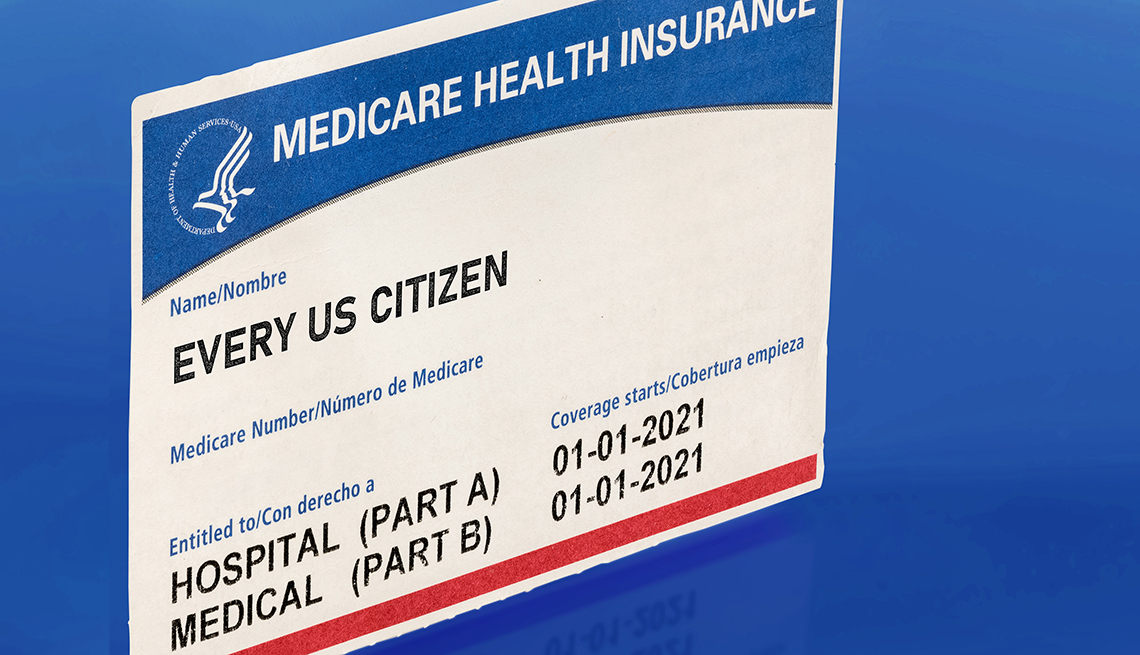



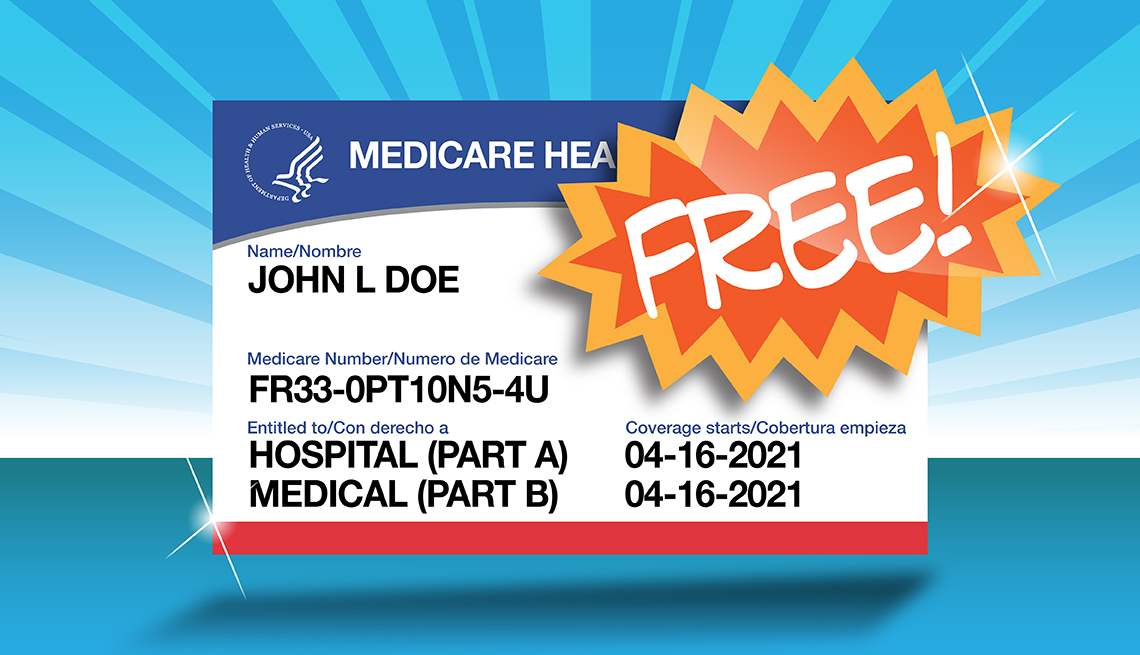



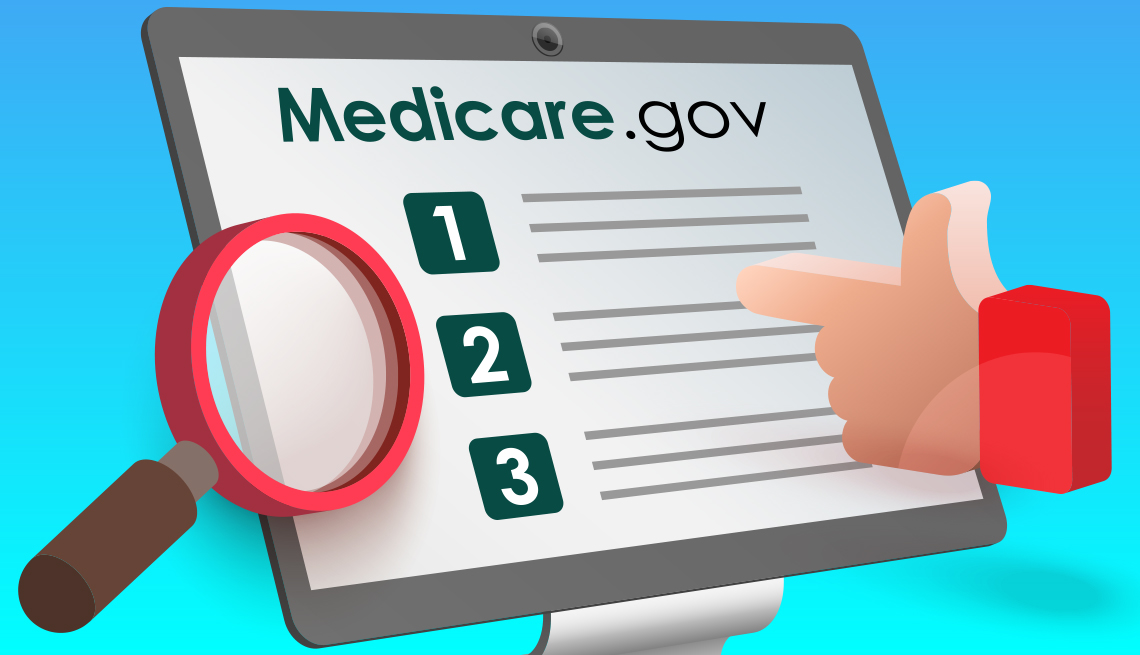
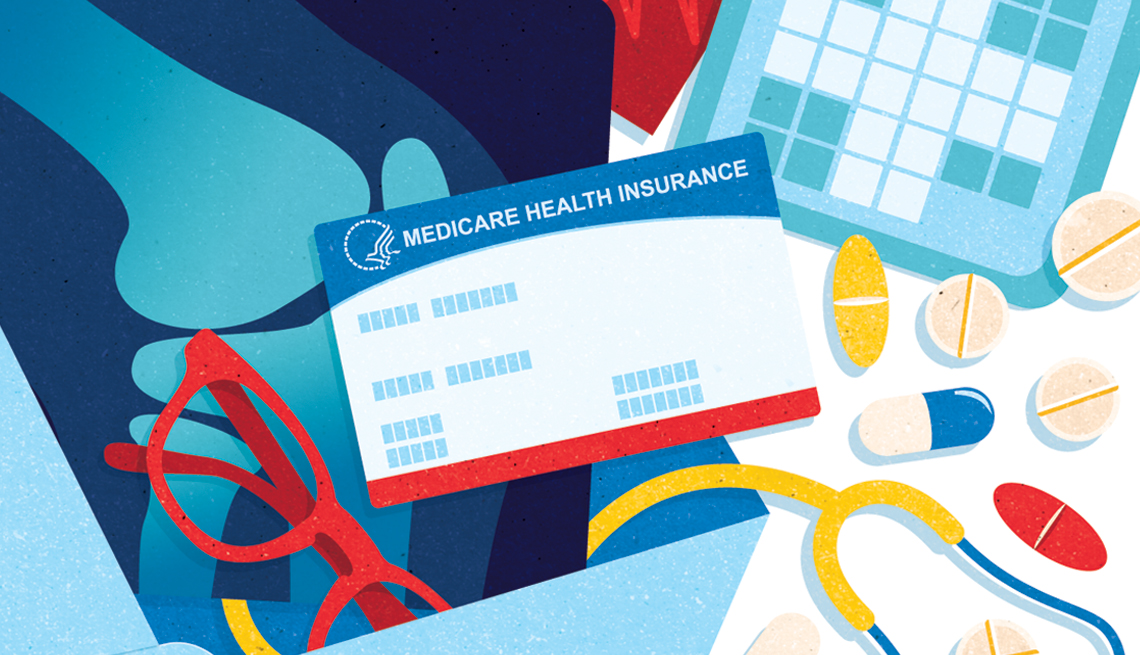

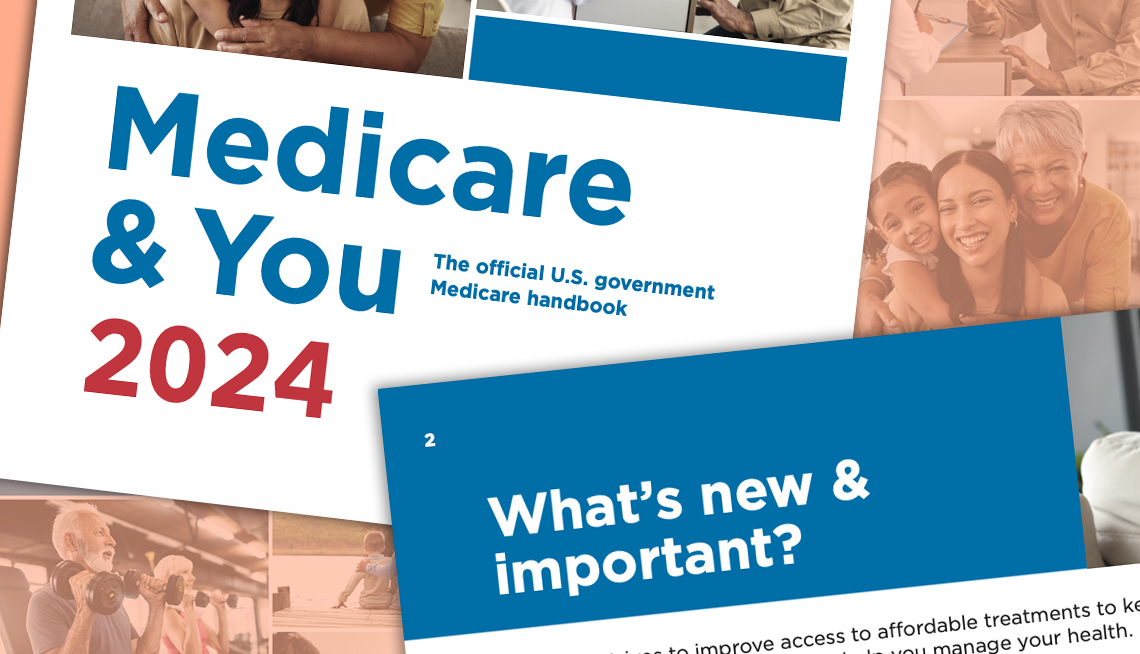












More on health
How to Sign Up: A Guide to Medicare Enrollment
When you can enroll for health coverage, the best ways to do it and how to avoid penalties
The Biggest Changes Coming to Medicare in 2023
The new year brings a cap on insulin copays, free vaccines, lower premiums and more
When do I sign up for Medicare if I’m working at age 65?
The answer will depend in part on the size of your employer